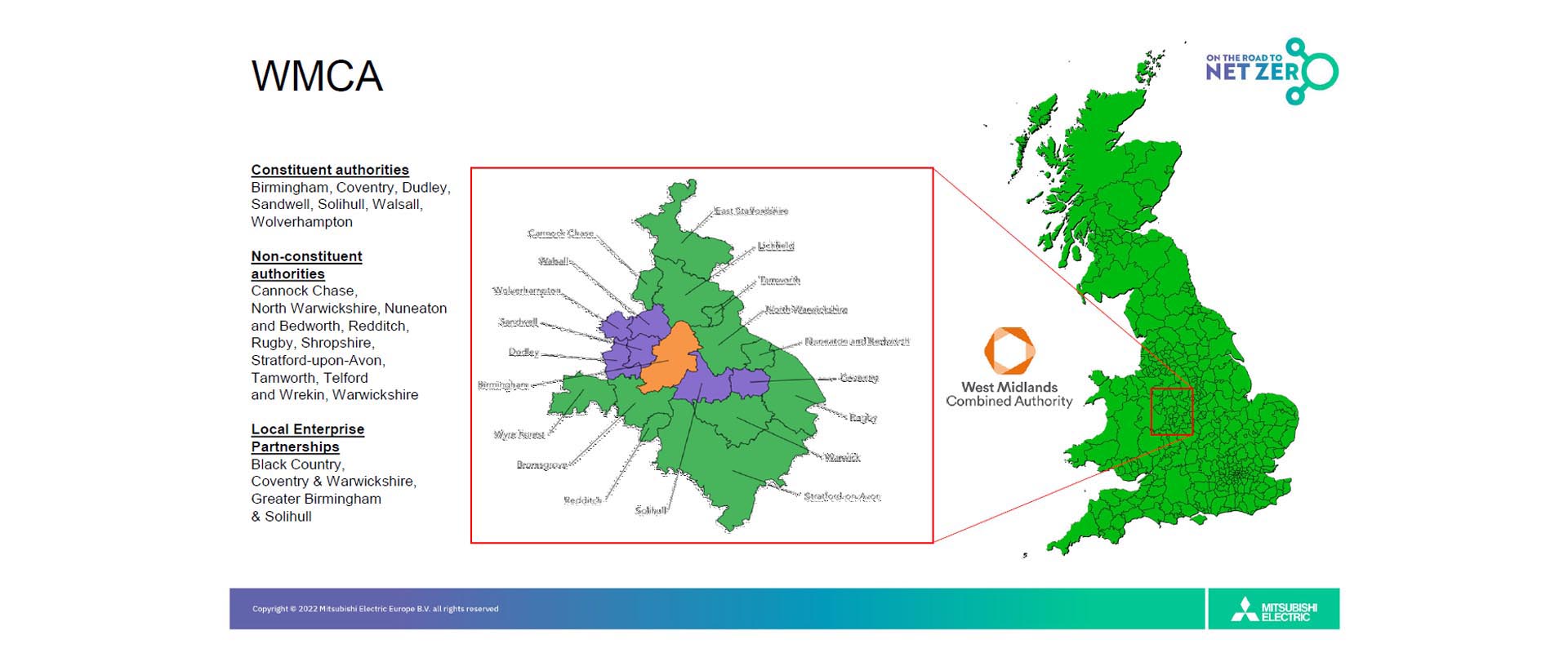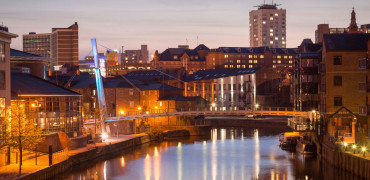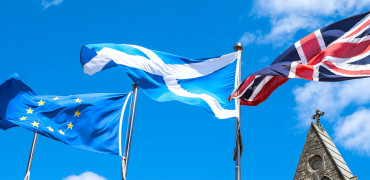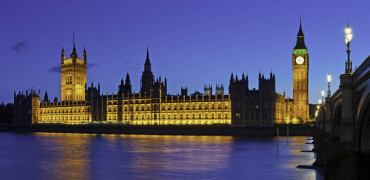As we should all know by now, the UK has set legally binding targets to reduce its contribution to global warming by reducing emissions to Net Zero by 2050.
This is a major step from where we are today and the transition to Net Zero will require a concerted effort and action by all of us.
However, we can get there, and we can achieve most of this using existing known technologies.
What I’ve been trying to do is look at what local authorities are trying to do to help us get there. So, as we reach the closing ceremony of the 2022 Commonwealth Games, I thought it fitting to focus on Birmingham, the Midlands and the local Authorities plans for Net Zero.
Many authorities and companies are making great strides on the Road to Net Zero
Let’s start with the WMCA
We visited the region in May and presented our findings on the plans involved in what is collectively known as the West Midlands Combined Authorities (WMCA) incorporating: Birmingham, Coventry, Dudley, Sandwell, Solihull, Walsall, and Wolverhampton.
As with all of the other local areas I’ve looked at in my blogs over the recent weeks, I need to add a huge caveat as although it can appear like things are taking forever in the challenge to tackle climate change, this is actually quite a fast moving and dynamic situation.
What this means as I write this is that the information we looked at in May, could well have moved on, either for the collective Combined Authorities or, more likely, for one of the individual members.
WMCA set new climate change targets in July 2019 with the aim of reducing carbon emissions across the region. The Mayor of the WMCA, Andy Street, welcomed the targets as the “next important step” to a having credible plan to deal with the climate emergency declared by the WMCA Board in June.
The proposed target of reaching net-zero emissions no later than 2041 has been set independently, based on scientific evidence from the Tyndall Centre for Climate Change.

The WMCA
West Midlands Combined Authorities
5 key principles
Under the #WM2041 title, the Authority looked to achieve a 36% Reduction by 2022 and a 69% Reduction by 2027, taking actions that “meet the climate crisis with inclusivity, prosperity and fairness”.
The Authority developed a one-page summary which sets out a number of possible actions to limit the impact of climate change.
These are underpinned by five principles:
- We will make the journey to 2041 without leaving anyone behind
- We will boost our resilience to locked-in climate change
- Our future will respect our heritage
- We will build more places and more connectivity between places
- We will save energy and resources without reducing prosperity
The Green Paper also details the plans for the first 5 years, years 5 to 15, and the last 5 years before the 20421 deadline to become carbon neutral.
This covers five key areas: Policy; Transport; Infrastructure; Industry; and Environment, looking at initiatives that can be introduced within those timeframes.
Further information on the detailed plans for the first five years can be found at this link.
Individual steps
All the constituent councils have already declared a climate emergency and quite a lot is already happening. Walsall has declared that it will get its own emissions to Net Zero by 2050, whilst Dudley has initiated a low carbon place project and converted all street lighting to LED, and Sandwell has developed a town centre heat network and is aiming for Net Zero for its own emissions by 2030 and authority-wide by 2041.
Wolverhampton is targeting 2028 for its own emissions to be Net Zero and 2041 for authority-wide. It is also using 6.9MW of solar for the New Cross Hospital and has developed a university research programme looking at the built environment.
For Coventry the road to Net Zero for its own emissions targets at least a 55% reduction by 2030 against 1990 levels. The City is also building an EV charging infrastructure and aiming for an all-electric bus fleet by 2025. Coventry is also developing a national pilot for a Regional Energy Systems Operator (RESO).
And for Solihull, the authority is aiming for the airport to be Net Zero by 2033, is developing a town centre heat network and is targeting 2030 for its own emissions and 2041 for authority-wide Net Zero.
Playing a blinder
Birmingham had already aimed to introduce a clean air zone by 2021 and had started to roll out an EV charging infrastructure.
The City’s Development Plan 2031 targeted new developments, which are now expected to incorporate low and zero carbon forms of energy generation or connect low and zero carbon networks where they already exist.
The Birmingham Route to Zero (R20) Taskforce is working on draft policies to assist with Net Zero delivery and is targeting that both the council and borough-wide are Net Zero by 2030. The current ‘Our Future City Plan’ is expected to be published later in 2022.
Like a lot of other Authorities, Birmingham will also constantly review and amend the development plan. The Council also realises that a lot of factors are beyond its immediate control, whether that is national policy or the efforts of neighbouring Authorities.
Many authorities and companies are making great strides on the Road to Net Zero. If you would like to know more, come and talk to us.
Chris Newman is Zero Carbon Design Team Manager



